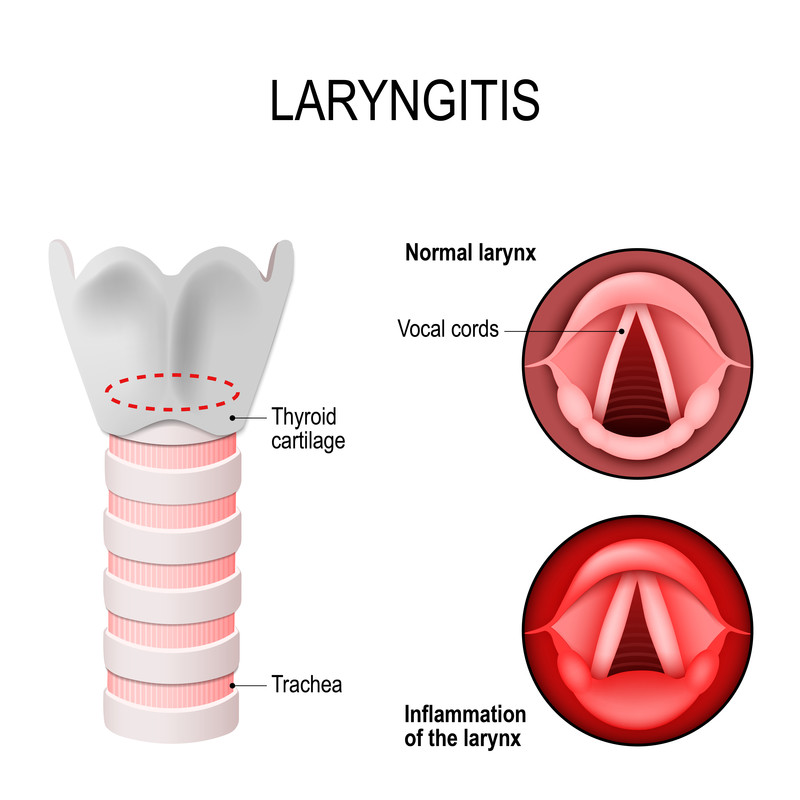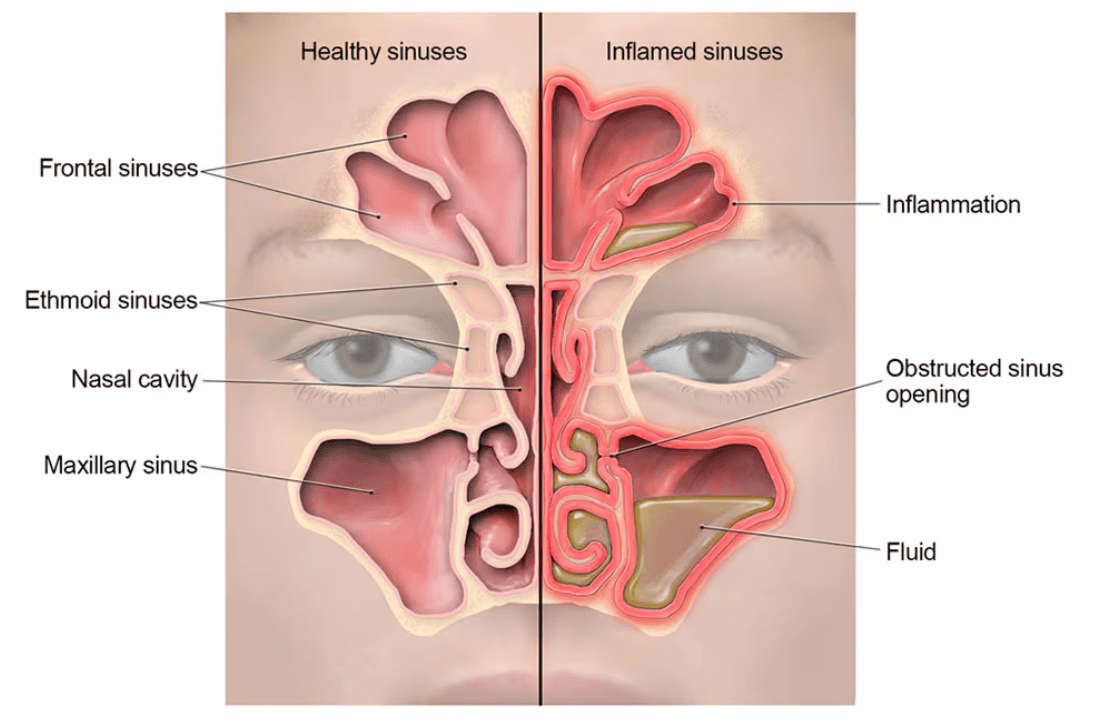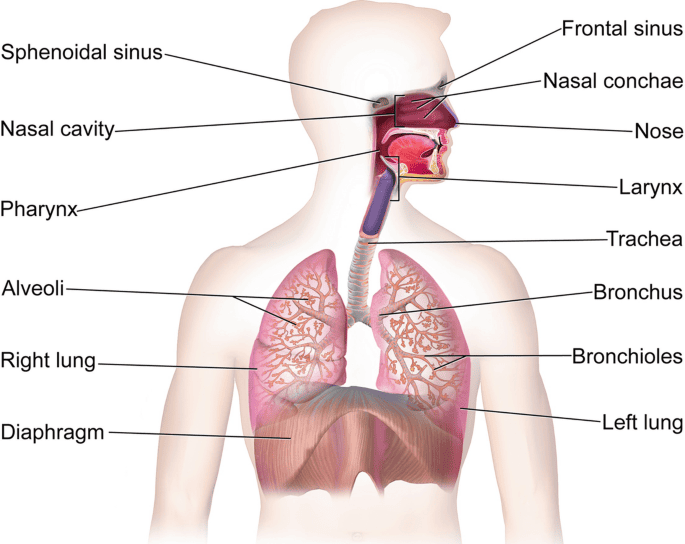-

Surgical Shock
Nursing Notes – Surgical Shock COMMON SURGICAL CONDITIONS SHOCK Definition Shock is a state of poor perfusion with impaired cellular metabolism manifesting with severe pathophysiological abnormalities. It is due to circulatory collapse and tissue hypoxia. Shock is meant by ‘inadequate perfusion` to maintain normal organ function. Shock is a life-threatening medical condition characterized by inadequate…
-

GANGRENE
Nursing Notes – Asepsis & Investigations GANGRENE Definition Gangrene is necrosis and subsequent decay of body tissues caused by infection or thrombosis or lack of blood flow. Gangrene refers to the localized death and decomposition of body tissue resulting from obstructed circulation or bacterial infection. Gangrene is a condition that involves death and decay of…
-

Natural Body Defence Mechanism
Nursing Notes – Asepsis & Investigations Topic 3.10 / 3.11: Natural Body Defence Mechanism The human body possesses a sophisticated array of natural defense mechanisms designed to protect against pathogens (e.g., bacteria, viruses, fungi) and foreign substances, as well as to repair damaged tissues. These defenses can be broadly categorized into non-specific (innate) defenses and…
-

Aseptic technique & Special investigations in surgical nursing
Nursing Notes – Asepsis & Investigations Topic 3.7: Aseptic Technique & Special Investigations Sub-topic 3.7.3: Aseptic Technique / Surgical Asepsis Introduction to Surgical Asepsis It is defined as the absence of micro-organisms that can cause disease. Surgical asepsis promotes tissue healing by determining pathogens from coming into contact with the surgical wound. Practices that suppress,…
-

EMPHYSEMA / PULMONARY EMPHYSEMA
Nursing Notes – Thrombus and Embolus EMPHYSEMA / PULMONARY EMPHYSEMA Introduction Definition: Emphysema is a chronic and progressive lung disease primarily characterized by the destruction and enlargement of the air sacs (alveoli) at the end of the smallest airways (bronchioles) in the lungs. This damage leads to a significant reduction in the surface area available…
-

BRONCHITIS
Nursing Notes – Thrombus and Embolus BRONCHITIS Introduction Bronchitis is a common respiratory condition characterized by an inflammation of the mucous membranes lining the bronchi. These are the larger and medium-sized airways that serve as critical conduits for airflow, transporting air from the trachea (windpipe) into the more distal and delicate lung parenchyma, where gas…
-

LARYNGITIS
Nursing Notes – Thrombus and Embolus LARYNGITIS Introduction Laryngitis refers to inflammation of the larynx, commonly known as the voice box. The larynx contains the vocal cords, which vibrate to produce sound. When the vocal cords become inflamed or irritated, they swell, leading to a distorted voice or a complete loss of voice. It can…
-

PHARYNGITIS
Nursing Notes – Thrombus and Embolus PHARYNGITIS Introduction Pharyngitis is the inflammation of the mucous membranes of the pharynx. In most cases, the cause is an infection, either bacterial or viral. Other less common causes of pharyngitis include allergies, trauma, cancer, reflux, and certain toxins. Types of Pharyngitis Pharyngitis can be classified according to the…
-

SINUSITIS/RHINOSINUSITIS
Nursing Notes – Thrombus and Embolus SINUSITIS/RHINOSINUSITIS Introduction Sinusitis is the inflammation and swelling of the lining of the sinuses, which blocks the openings into the nose, prevents normal drainage and creates a breeding ground for further infection. Possible causes are a viral, bacterial or fungal infection, or an allergy. This condition is currently known…
-

COMMON COLD/CORYZA
Nursing Notes – Thrombus and Embolus COMMON COLD/CORYZA Introduction It is the acute inflammation of the upper respiratory tract; rhinitis (nasal mucosa) and rhinopharyngitis (nasal and pharyngitis). Causes of common cold The most common virus is rhinovirus. Other viruses include the influenza virus, adenovirus, enterovirus, and respiratory syncytial virus. Bacteria may cause roughly 15% of…
